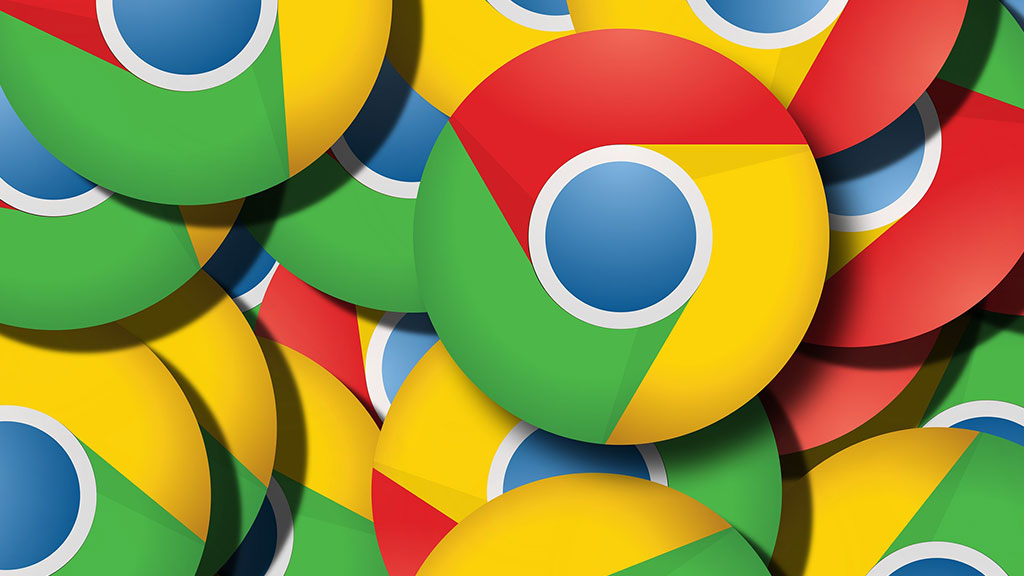
Faster than Edge, Firefox, Opera, and the rest.
All hail Google’s Chrome browser, the fastest browsing in the land. So says PC World, who just drag-raced Chrome against Firefox, Edge, Opera, Vivaldi, and Brave, with Google’s uber-popular browser crossing the line first. So, Chrome is quick. But is it sleek? Hold that thought, we’ll come back to it.
To assess browser performance, PC World used a trio of freely available benchmark tools, namely Speedometer 3.0, Jetstream2 and Motionmark 1.3. Speedometer tests web page rendering, Jetstream is more focused on assembly and Javascript, while Motionmark tests in-browser graphics.
PC World ran the tests on what they described as a mid-spec PC, sporting an AMD Ryzen 5 3600 CPU, Nvidia RTX 3060 Ti graphics, 16 GB of DDR4-3200 memory and a Samsung 970 Evo SSD. Slightly oddly, PC World chose Windows 10 as opposed to 11 as its OS platform for the test.
To cut a long story short, Chrome came first in Speedometer and second in the other two benchmarks. Where it came second, it did so by a very thin margin, making it clearly the fastest browser overall.
PC World does point out that there’s more to a browser than mere speed. “Google’s business model is based on data processing and the company is repeatedly criticized for collecting a disproportionate amount of user data,” PC World says. And it has a point.
What the test didn’t touch on is resource usage and efficiency. In terms of the former, Chrome has something of a reputation as a memory hog. As I type these words, my current Chrome instance has multiple tabs that each individually are soaking up about 1GB of memory.
With that kind of footprint, it doesn’t take many tabs to eat up 16 or even 32 GB of memory. Likewise, Chrome isn’t exactly renowned for efficiency, with the usual refrain being that you should steer clear if maximising battery life is a really big deal.
Of course, for many users, a lot of these considerations end up being academic compared to the convenience factor. If you are a heavy user of Google’s various cloud services, be that Gmail, Google Docs or whatever, the relative simplicity of going with Chrome as opposed to a competing browser is superficially pretty compelling.
(Image credit: Future)
Best CPU for gaming: The top chips from Intel and AMD.
Best gaming motherboard: The right boards.
Best graphics card: Your perfect pixel-pusher awaits.
Best SSD for gaming: Get into the game ahead of the rest.
And for most PC users, “superficially” is plenty reason enough. For this author, who is pretty much surgically sewn into the Google ecosystem, Chrome usage is one of those things that makes me slightly uncomfortable, but that I just can’t be bothered to resist.
Certainly, I don’t want to use and maintain profiles for multiple browsers. And I don’t want to find out the hard way that it’s just impractical to use another browser for some tasks. For sure, there are certain work-related tasks for which Chrome is compulsory.
Like so many things in this digital life then, with Chrome I submit my autonomy and agency to a megacorp in return for some minor conveniences and pretend I haven’t noticed the hegemonic creep.
As Orwell said, ignorance is strength and when I hit the preview button to proof this story before it goes up, it’ll render 0.02 seconds faster than it otherwise would. That’s worth giving up my freedom for, right?






